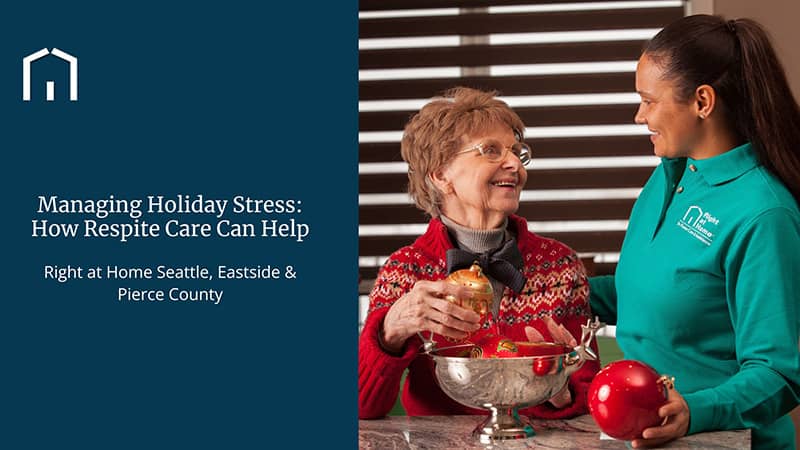

Seasonal Tips: Preparing for Winter as a Senior in Washington
Winter in Washington can bring unique challenges for seniors, from harsh weather to increased risks of isolation and health complications. Preparing for the season is essential to ensure safety, comfort, and well-being.
Key Concerns for Seniors During Winter
-
Cold-Related Illnesses
Seniors are more vulnerable to hypothermia and frostbite due to decreased body heat retention. Keeping warm is critical to avoid health risks.
-
Slippery Conditions
Snow and ice on sidewalks, driveways, and roads increase the likelihood of slips and falls, which can lead to serious injuries.
-
Isolation and Seasonal Depression
Shorter days and poor weather can lead to limited social interactions, potentially causing loneliness and seasonal affective disorder (SAD).
-
Power Outages
Storms can cause power outages, leaving seniors without heating, lighting, or access to essential medical equipment.
-
Transportation Challenges
Snow and icy roads can make it difficult to attend medical appointments or run errands.
Tips for Staying Safe and Comfortable
-
Stay Warm Indoors
-
Keep your home temperature at least 68°F.
-
Seal windows and doors to prevent drafts.
-
Wear layers of clothing, even indoors.
-
Use electric blankets or heating pads, but avoid prolonged use to prevent burns.
-
Preventing Falls
-
Ensure walkways and driveways are cleared of snow and ice.
-
Use non-slip mats and wear shoes with good traction.
-
Consider installing grab bars in key areas of the home for added stability.
-
Plan for Power Outages
-
Keep flashlights and extra batteries handy.
-
Have a charged backup battery for medical devices.
-
Stock up on shelf-stable food and bottled water in case of emergencies.
-
Consider purchasing a generator for prolonged outages.
-
Stay Connected
-
Check in regularly with family, friends, or neighbors.
-
Use video calls or phone calls to stay socially engaged.
-
Join local senior programs or winter activity groups to reduce isolation.
-
Preparing for Transportation
-
Schedule appointments in advance and use transportation services if driving isn’t safe.
-
Consider grocery delivery or medication delivery services.
-
Always keep an emergency kit in the car, including a blanket, flashlight, water, and snacks.
-
Monitor Your Health
-
Get your flu shot and other necessary vaccines.
-
Stay active indoors to maintain mobility and prevent joint stiffness.
-
Drink plenty of water to avoid dehydration, which can happen even in colder weather.
Helpful Resources in Washington
-
Washington State Department of Health: Offers resources and guidelines for winter health and safety.
-
2-1-1 Washington: A free helpline that connects you to local services like transportation, food delivery, and senior care assistance.
-
Senior Centers: Many senior centers across Washington host winter programs and provide assistance with groceries and heating costs.
-
Local Utility Companies: Contact your utility provider for assistance programs to help cover heating bills.







